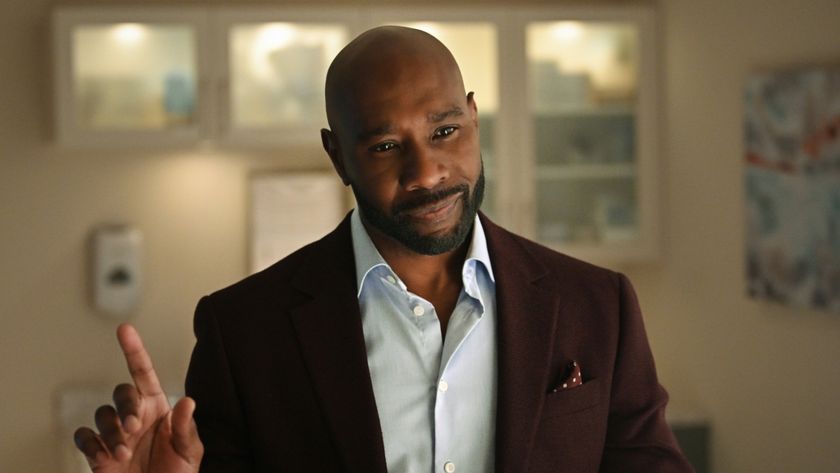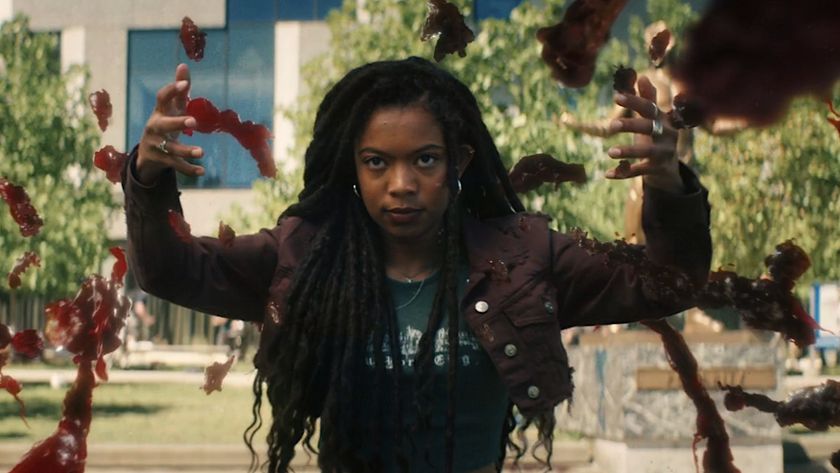Why So Few People Identify As 'Gamers,' Despite Playing Video Games
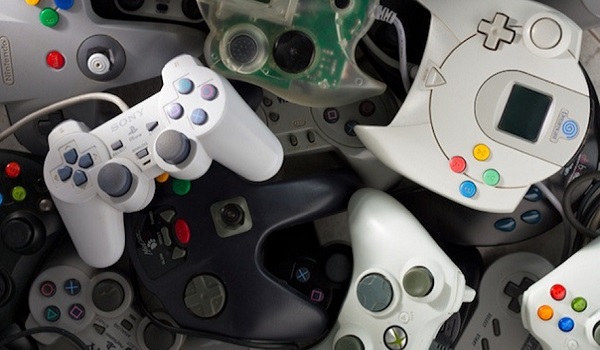
While recent studies show that more folks than ever are playing video games, it looks like only a fraction of those people are willing to identify themselves as a “gamer.”
According to a recent survey conducted by the Pew Research Center, plenty of folks play video games these days. That’s something we’ve known for a while now, but it’s also nice to have some hard figures attached to the statement. More family-friendly game consoles like the Nintendo Wii helped bridge the generation gap over half a decade ago, and mobile/social games like Words with Friends and Farmville have helped convert additional newcomers for just as long.
For their study, the Pew Research Center contacted 2,001 adults ages 18 and older from June 10 through July 12 of this year to discuss gaming, the term “gamer,” as well as the public perception of both of those things. According to their findings, half of American adults play video games while only 10 percent of that figure identify themselves as a “gamer.”
Broken down a bit further, the study shows that 50 percent of men play video games while only 15 percent identify themselves as gamers. A total of 48 percent of women surveyed play games, with only six willing to call themselves gamers.
The research doesn’t attempt to analyze those trends, though part of the answer may be found in the other questions the Pew Research Center asked its participants. It could be as simple as the fact that while lots of people play games, not many of them consider themselves embedded in the culture enough to consider themselves a “gamer.” You might like to eat out at nice restaurants once a week, but that doesn’t mean you would call yourself a foodie, for instance.
On the other hand, some folks may be less willing to call themselves a gamer simply because of the negative connotations that are frequently attached to the term. As a comparison, being called a “nerd” used to be considered a negative thing. Now that all of these comic book movies and shows like The Big Bang Theory have taken off, though, more and more people are finding it easier to label themselves as “nerdy” because that culture has become more mainstream. Despite how massive the gaming industry has grown, that’s still not the case for video games.
There’s also the problem that, when some folks hear the word “gamer,” they immediately picture a foul-mouthed 12-year-old who can’t stop playing Call of Duty. No matter how much you love World of Warcraft or Candy Crush Saga, it’s hard to accept a moniker if your definition attached to it is so negative. According to the study, 59 percent of participants view video games as a waste of time. A total of 41 percent feel that games portray women poorly, too, with another 29 percent saying minorities are portrayed poorly.
CINEMABLEND NEWSLETTER
Your Daily Blend of Entertainment News
The full study is an interesting read, if you’ve got the time to dig in. For now, though, why do you think so many people who play games are unwilling to identify as a gamer? Please let us know in the comments section below.
Staff Writer for CinemaBlend.

After A Complete Unknown, I Want More Timothée Chalamet As Bob Dylan, And There's Another Story That Would Be Perfect
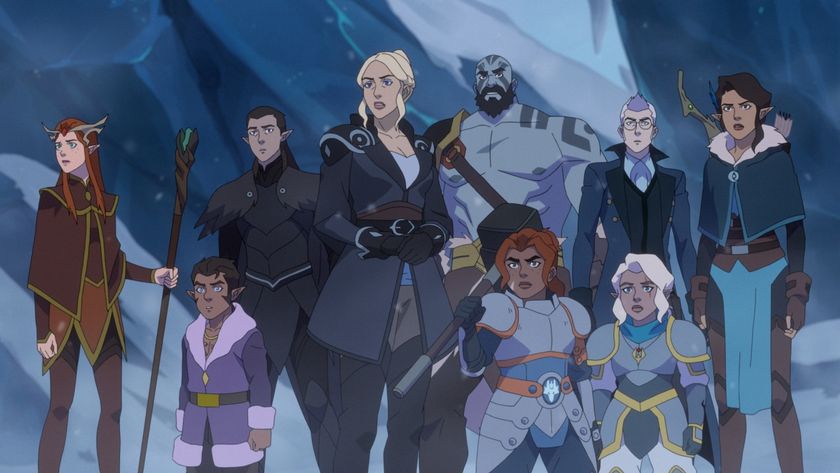
As We Wait For The Legend Of Vox Machina Season 4, I Need These Reveals From Critical Role's Stories Untold Book To Make The Cut
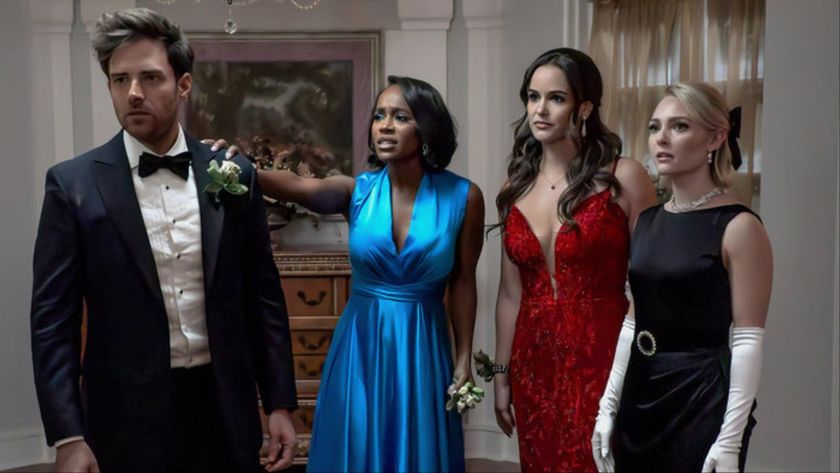
Grosse Pointe Garden Society Is My Favorite New Network TV Show Of 2025 (So Far), But NBC's Latest Move Worries Me

